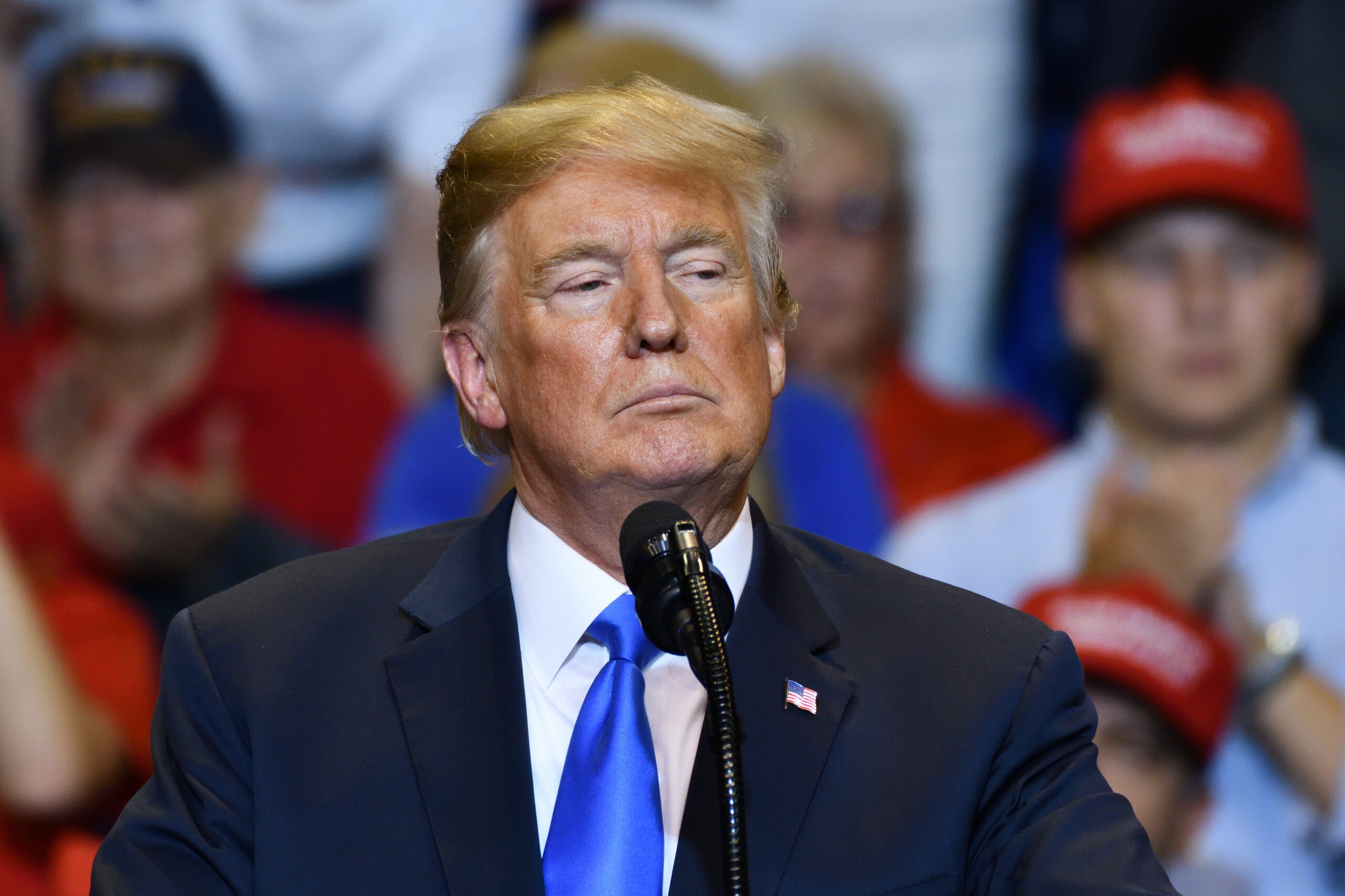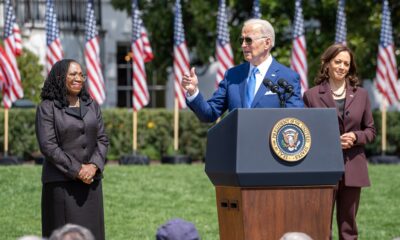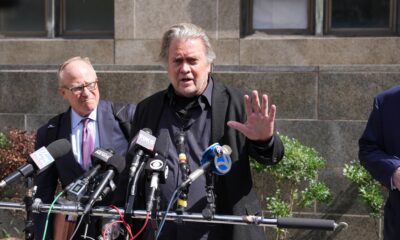Illinois Judge Moves To Disqualify President Trump

On Wednesday, Cook County Illinois Circuit Judge Tracie Porter ruled to remove President Donald Trump from the state’s 2024 Republican presidential primary ballot. This decision was putatively based on allegations related to the January 6, 2021, Capitol protests and is just the latest entry in the troubling trend of judicial activism against the democratic process and fundamental voter rights.
The ruling relies on the “insurrection clause” of the 14th Amendment in an analysis that has been sharply criticized by many as an example of flimsy legal reasoning coming from partisan bias. It’s important to note that President Trump has not been charged, much less found guilty, of insurrection or any other crime directly linked to the Capitol events. Yet, this has not prevented Judge Porter, a Democrat, from taking steps to suppress Trump’s candidacy.
Steven Cheung, a spokesperson for the Trump campaign, called the decision “an unconstitutional ruling,” highlighting its contradiction with decisions from numerous other state and federal jurisdictions. This move by a state judge not only undermines the decisions made by the state’s board of elections but also disregards the electorate’s voice, who deserve the right to vote for their chosen candidate.
The issue extends beyond Illinois, reflecting a broader national dispute. States like Colorado and Maine have seen similar attempts to disqualify Trump based on contentious interpretations of the 14th Amendment. This has led to an unprecedented scenario where the eligibility of a leading presidential candidate is being challenged across multiple fronts, creating an atmosphere of uncertainty and division.
Critics argue that these efforts are less about upholding the Constitution and more about sidelining a formidable political opponent. The language of the 14th Amendment, intended to address issues post-Civil War, is now being repurposed in a manner that many see as a stretch from its original intent. This misuse of constitutional provisions to engage in political battles sets a dangerous precedent and erodes trust in the judicial system.
The Supreme Court’s upcoming decision on the Colorado case will be pivotal, potentially setting a precedent for Trump’s eligibility on a national scale. The high court’s ruling could clarify whether states can disqualify candidates based on alleged constitutional violations, a decision with far-reaching implications for future elections.
The actions of Judge Porter and similar rulings across the country represent a troubling trend where judicial authority is used to influence electoral outcomes. The judiciary must remain impartial, focusing on the letter of the law rather than succumbing to political pressures or biases.
























